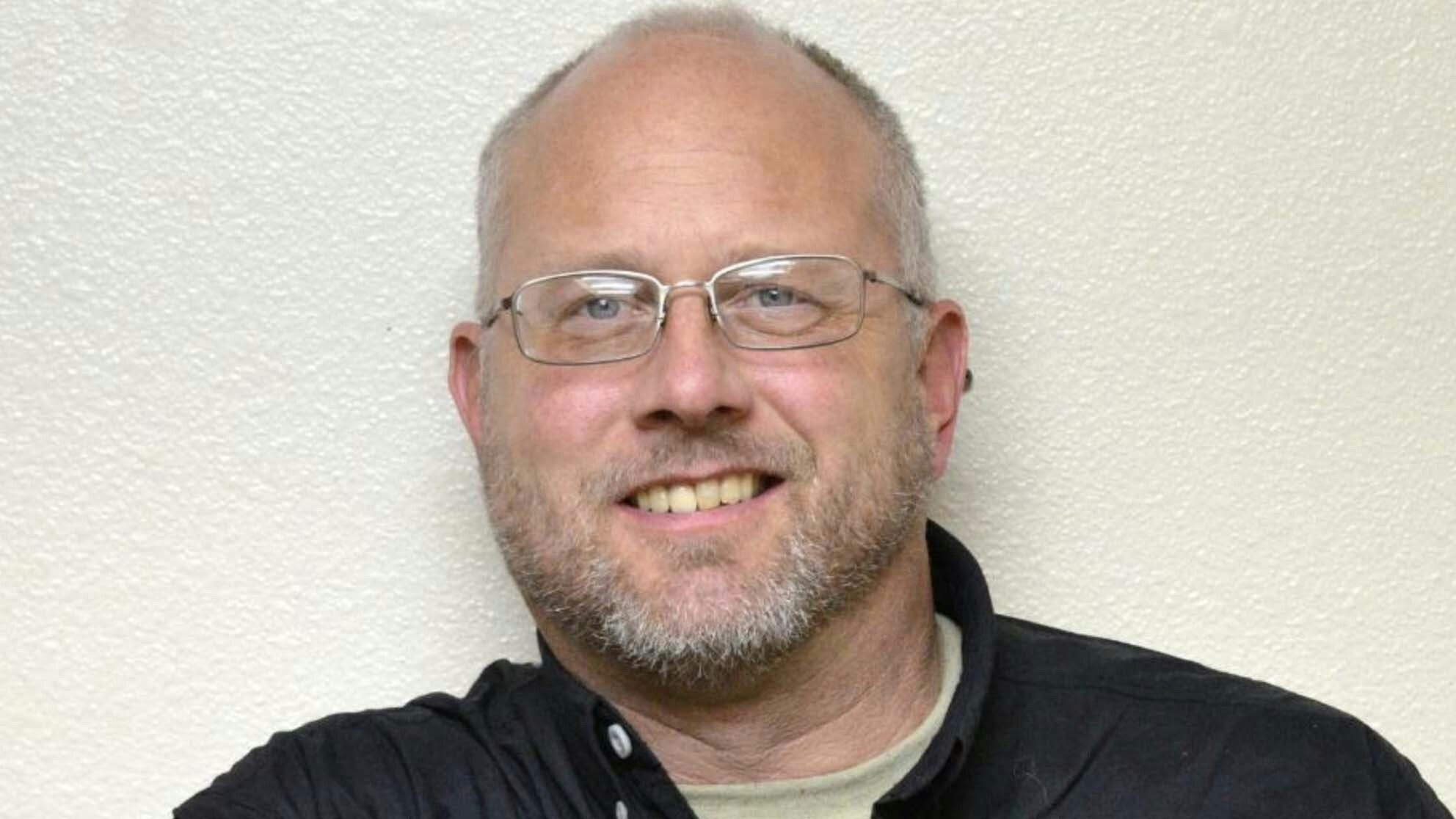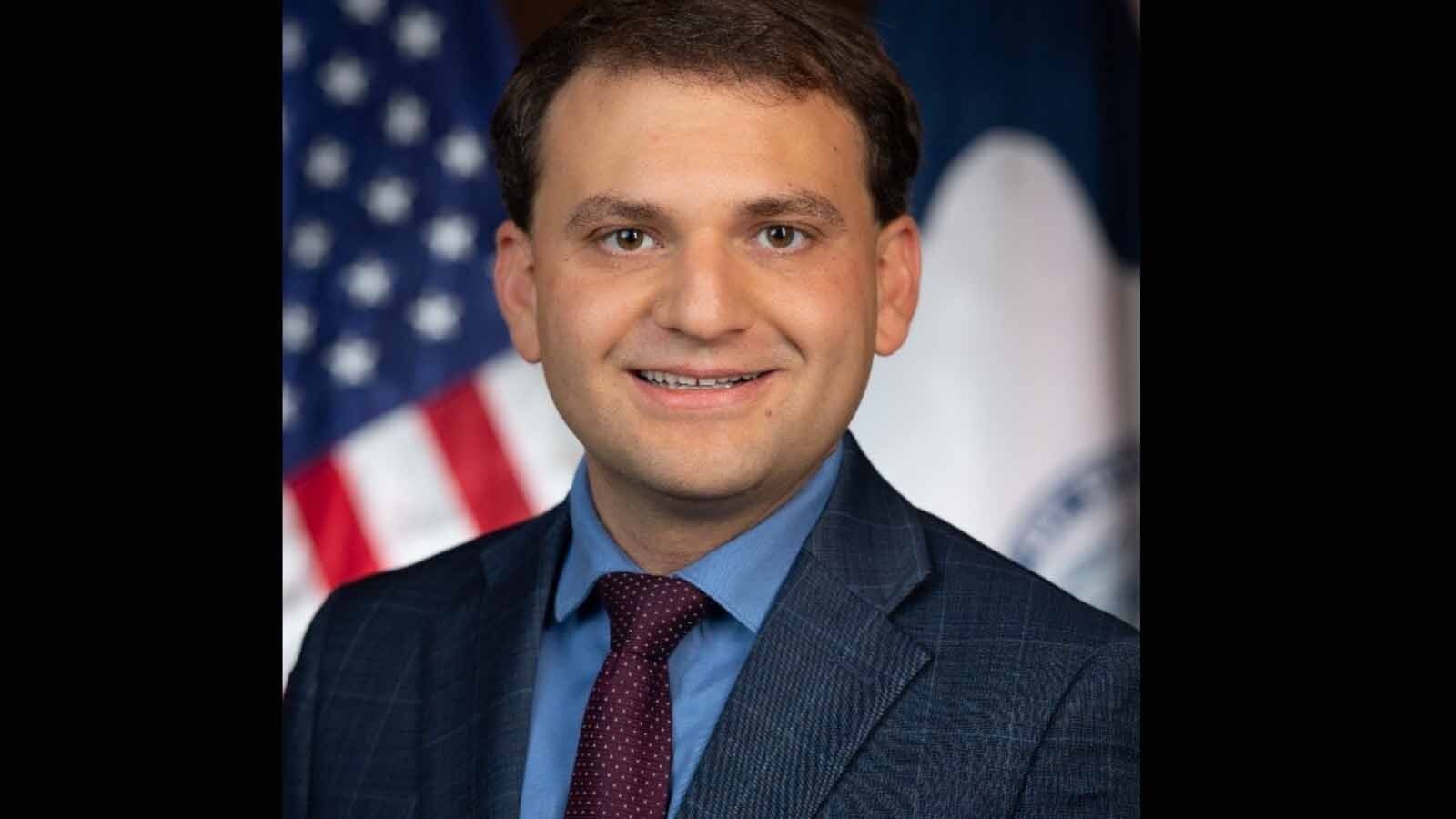President Trump’s long-anticipated statement on abortion was released earlier this month (April 8, 2024). After a brief spin cycle, it has largely fallen from the headlines. Nevertheless, we should not let the month end without some comment.
First, consider this: The breathless punditry over a presidential candidate’s statement on abortion is itself a profound cultural statement. Any society that frames freedom in terms of an absolute right to whatever I choose, while refusing to acknowledge the other person involved, is simply antisocial.
A culture that no longer thinks in terms of life together, but only of life alone, is a culture in decline. The legal vulnerability of the unborn child exposes the rot at our foundations.
As for Trump’s statement itself, it is a mix of bad and good. Unfortunately, the bad was frontloaded and got most of the press, while the good was lost in the noise.
Having no wish to contribute to this imbalance, I will simply acknowledge the bad as bad and spotlight what I consider to be the best and most important part of his words.
Truly enough, Trump affirmed that we “should always be on the side of the miracle of life and the side of mothers, fathers, their beautiful babies.” He was wrong, however, to claim that “IVF is an important part of that.”
In vitro fertilization harms women, men, and babies through its crass manufacture and marketing of a holy gift. Second, his strong support for “rape and incest exceptions” does no favors to the actual victims of sexual assault. It only sanitizes the sensibilities of the disinterested.
The most important point of Trump’s announcement is vital precisely because I am persuaded that he is wrong and because you may think me wrong. “At the end of the day it’s all about will of the people. That’s where we are right now, and that’s what we want. The will of the people.”
Whatever anyone thinks of Trump as a person or a candidate, this point should be unarguable.
No rational citizen should want any president’s opinion on abortion, IVF—or anything else—to matter very much. Neither presidents nor politicians are endowed with superior knowledge, wisdom, or moral acuity.
They are endowed by their creator with the same common sense as the average man. And just like anyone else, they are captive to their own prejudices and blind spots. They are prone to trust foolish advisors and dismiss real wisdom.
For that reason, America’s founders desired a representative republic. This idea contains two indispensable parts.
First, elected representatives should be accountable to the people who elected them. They should regularly give answer to the actual voters who sent them to Washington, Cheyenne, or to the city council.
When government actors are more beholden to outside money, plum committee assignments, or the kudos of the ruling class than to the community that elected them, representative government is harmed.
Second, in a representative republic, electoral districts are designed to be as small as practicable. This constitutional provision is intended to break mobs into smaller social units. Mobs are more easily manipulated by outside actors using propaganda and groupthink. Community cohesion is a bulwark against that threat.
Accountability to individual voters and localized districts work together to amplify community values and prevent mob rule.
It is not perfect, by any means. Individual neighborhoods, cities and states that are broken down and dysfunctional may make and enforce policies that devalue human life and harm the community itself. This is always tragic. But, at least in a democratic republic, such toxic policies are confined. The disease less easily spreads to healthy communities.
Moreover, the smaller a community, the more responsive it can be to reverse the disastrous policies that are tearing it apart. Conversely, when community power is aggregated into unaccountable mobs, the ability to self-correct becomes increasingly difficult.
If Trump’s misguided ideas about IVF and the “rape and incest exception” were all that he had to say, it would simply play into the hands of centralized power and irresistibly establish bad policy as national policy.
Extreme localities that “support abortion up to and even beyond the ninth month,” would not self-correct but metastasize to infect even Wyoming communities.
That’s why, “At the end of the day it’s all about will of the people.” Communities of good will have a fighting chance against the collective forces of evil—but only so long as they are not swept into mob rule.
People of good will, by the grace of God, can reverse the disastrous policies of even the most dysfunctional places and prevent their cancer from spreading.
J. R. R. Tolkien was right. The temptation to use centralized power to end evil once and for all may be alluring. But, like the “ring of power,” its use would have consequences too terrible to contemplate—consequences that our democratic republic was wisely designed to prevent.
Jonathan Lange is a Lutheran Church—Missouri Synod pastor in Evanston and Kemmerer and serves the Wyoming Pastors Network. Follow his blog at https://jonathanlange.substack.com/. Email: JLange64@protonmail.com.





